Suicide Squad: Kill The Justice League Review
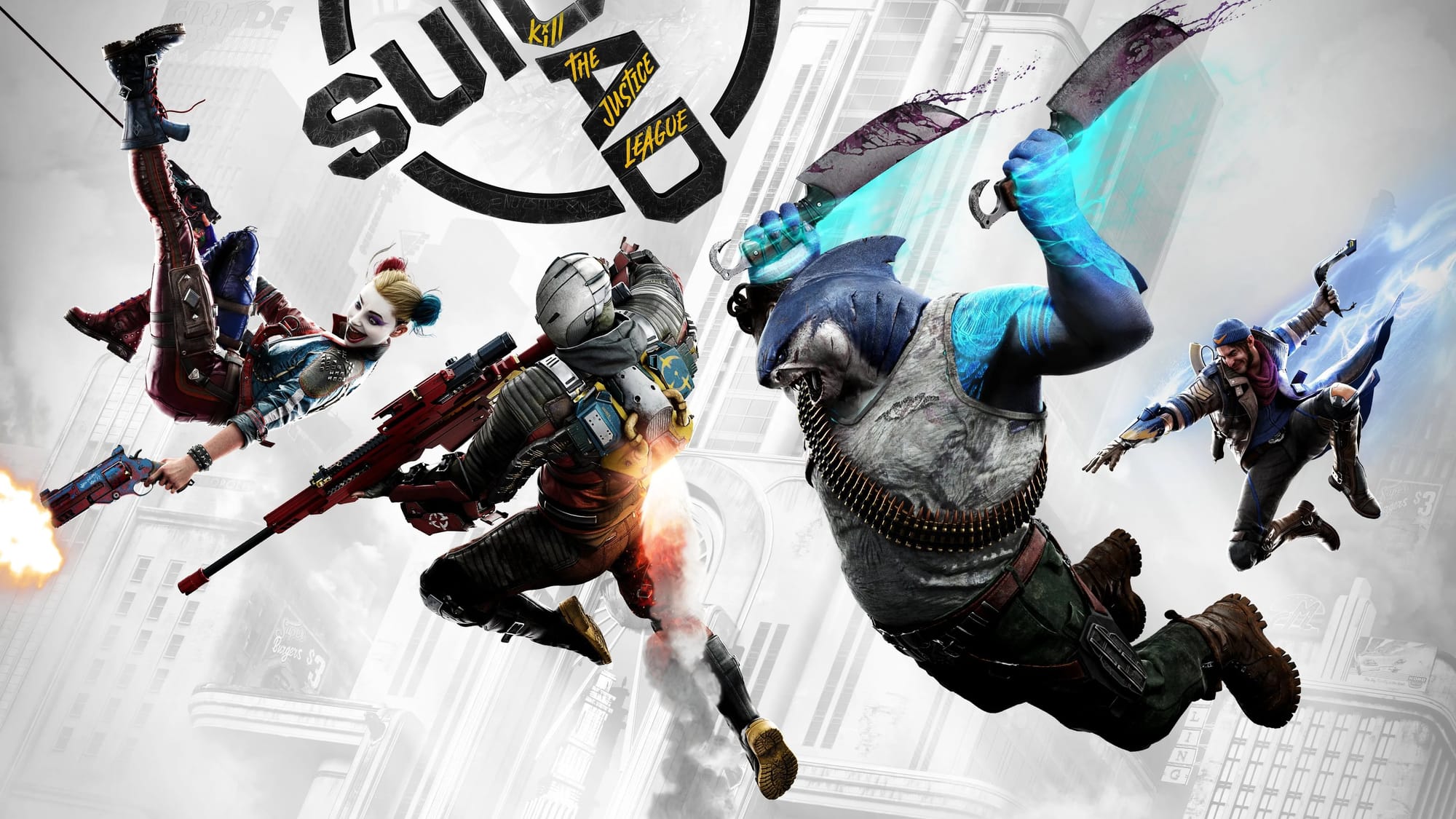
After a nearly mythical nine-year development cycle, Rocksteady Studios, renowned for the groundbreaking Batman: Arkham series, finally presents "Suicide Squad: Kill The Justice League." This ambitious title is a genre-defying third-person action shooter that thrusts players into the challenging role of dismantling the legendary Justice League. The curtain has risen, revealing a game with complexities that soar to great heights and stumble into occasional pitfalls.
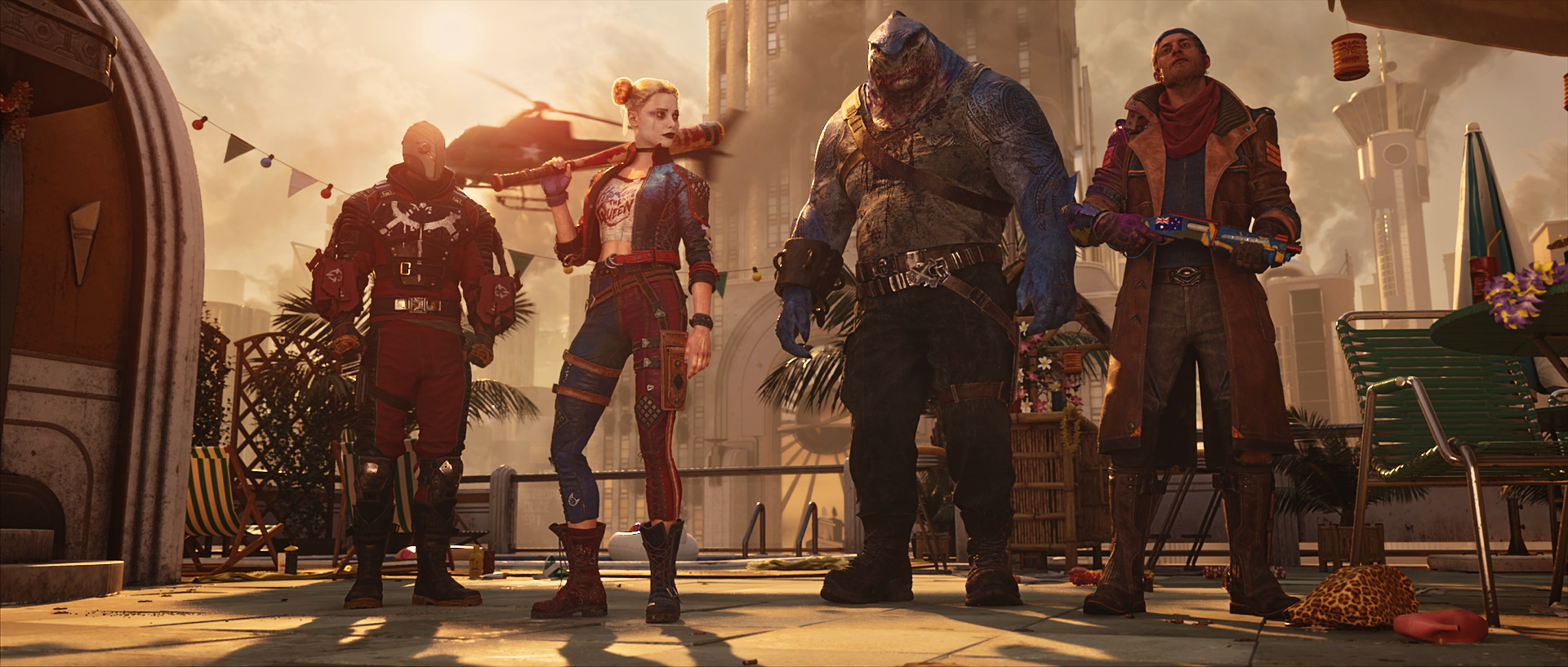
Pros
Visual Excellence Beyond Compare:
"Suicide Squad: Kill The Justice League" sets a new standard for visual fidelity. Character models and expressions are nothing short of a masterpiece, with facial animations that flirt with realism. The cinematics are a visual spectacle, demonstrating the pinnacle of graphic design in gaming.
Squad Synergy:
The chemistry among the Suicide Squad members is a standout feature, elevating the narrative experience. The interactions and teamwork displayed by the squad members contribute significantly to the game's immersive qualities.
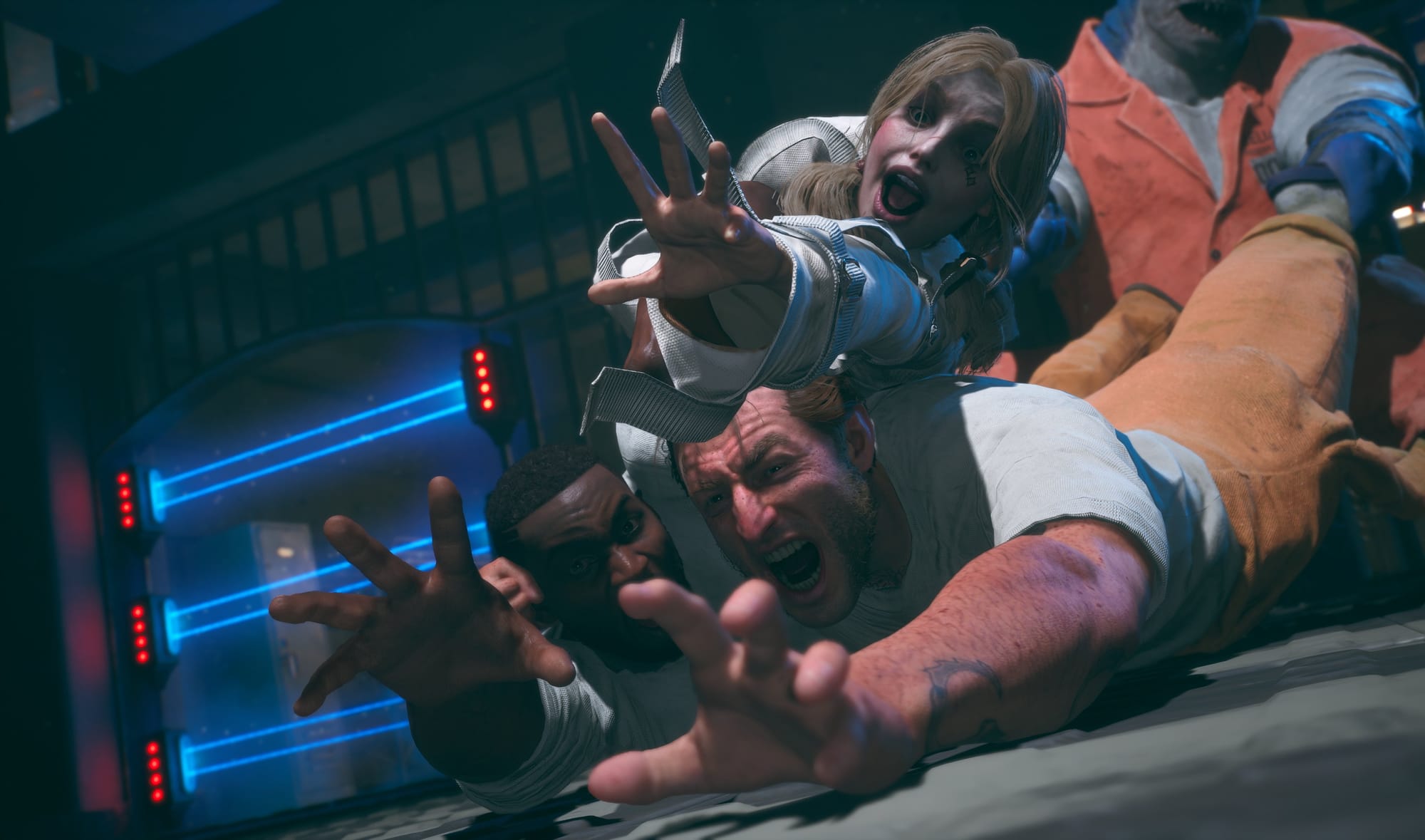
Stellar Voice Acting:
The voice acting is a testament to the game's commitment to storytelling. Every character is brought to life with remarkable voice performances, adding depth and authenticity to the narrative.
Compelling Narrative:
Despite its shortcomings, the story remains engaging as a driving force that compels players to navigate the game's complexities.
Batman Experience:
Much of the game pays homage to Rocksteady's Batman legacy, delivering an immersive "Batman Experience Levels" that captures the essence of the studio's iconic works. The keyword there is Levels. There's a reason why I'm highlighting that word. When you get to that point, you'll know why.
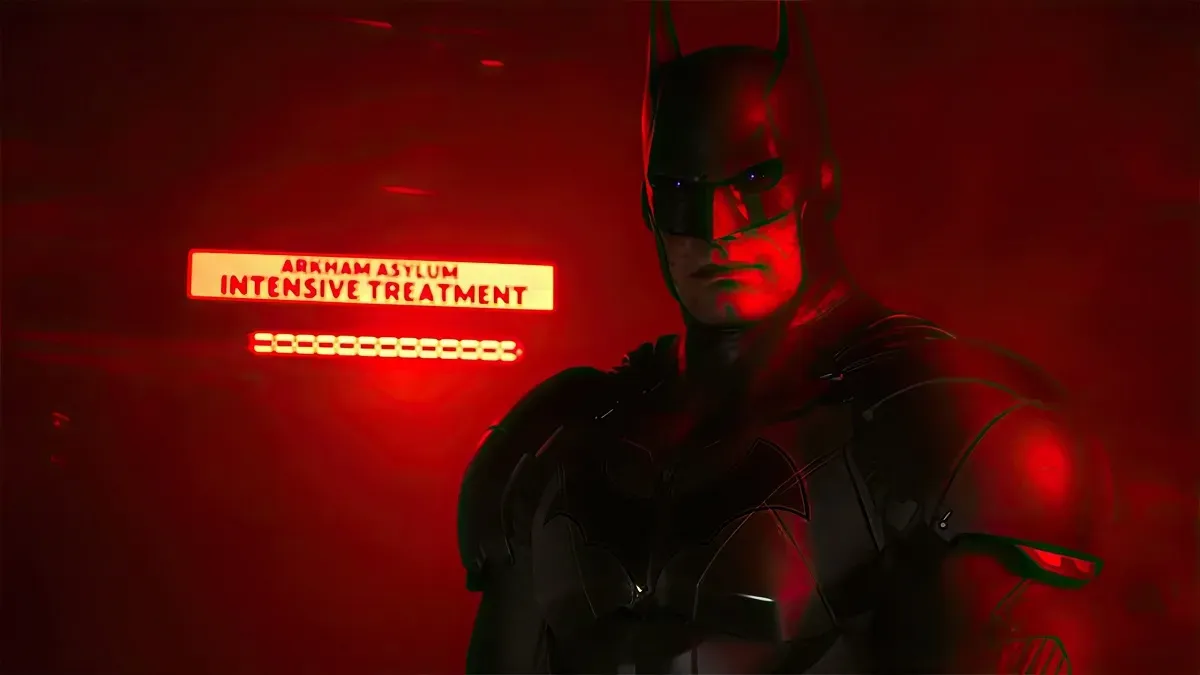
Cons:
Repetitive Mission Design:
A substantial flaw lies in the repetitive nature of mission design, resulting in monotony that sets in far too quickly. The lack of diverse and engaging missions can be a significant drawback for players seeking variety.
Delayed Introduction of Enemy Variations:
The game disappoints by delaying the introduction of diverse enemy types, leaving players to face the same adversaries repeatedly until several hours into the gameplay.
Inconsistent Tone:
The game struggles with maintaining a consistent tone, with moments of unwarranted humour injected into severe scenes. This inconsistency disrupts the overall flow of the narrative.
Underutilized Weapon Variety:
Despite a wide array of weapons, the different armaments scarcely impact the story mode, leading players to question their relevance and necessity within the gameplay.
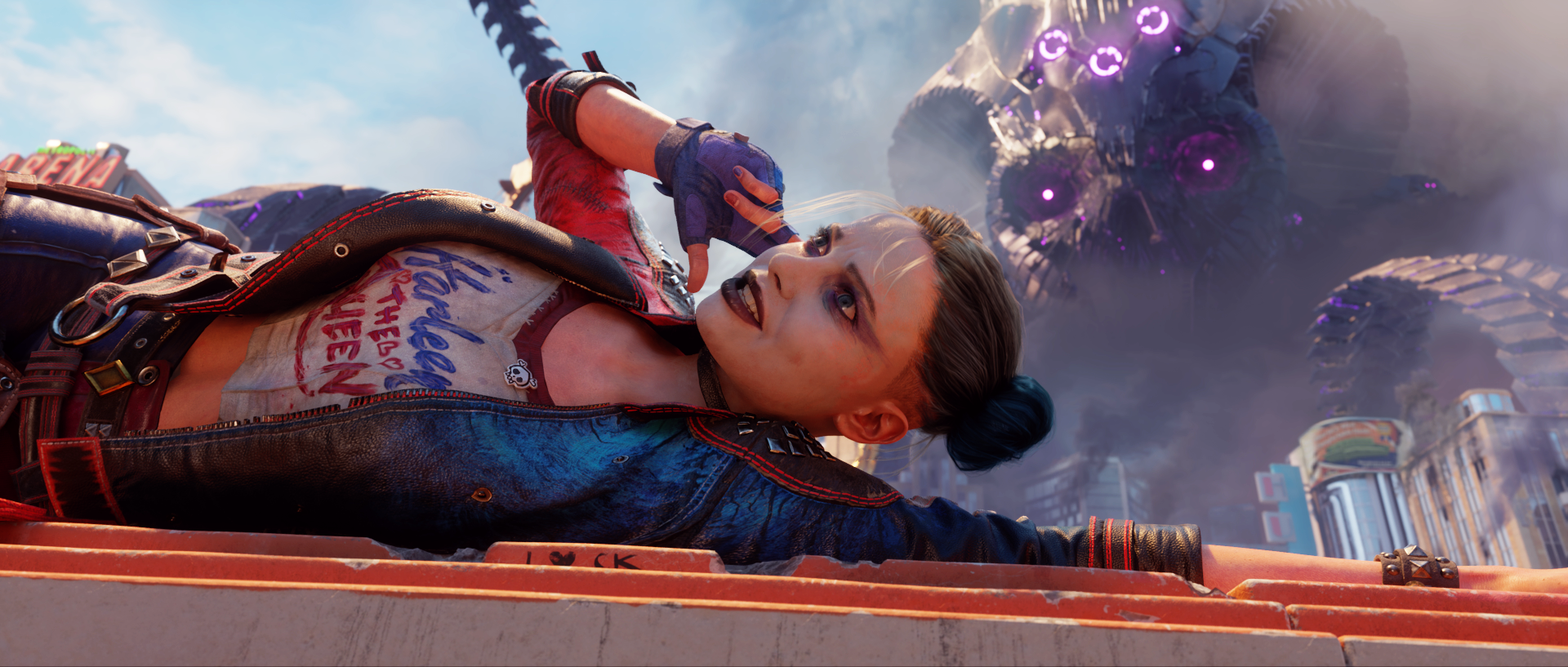
Arkham Universe Integration Controversy:
The decision to place the game in the Arkham universe raises concerns among fans, as it may not have been essential and risks disrupting the established continuity of the beloved series.
Traversal Mechanics Critique:
Traversal mechanics receive criticism for their clunkiness, lacking the smoothness expected from a title developed by Rocksteady. This aspect hampers the overall fluidity of the gaming experience.
Solo Mode Limitations:
In solo mode, the inability to switch between characters during missions is inconvenient, especially when facing diverse challenges that demand specific skill sets.
Recycled Missions:
Despite an initial promise with the "Batman Experience," the game descends into a cycle of repetitive missions, diminishing the overall sense of progression and excitement.
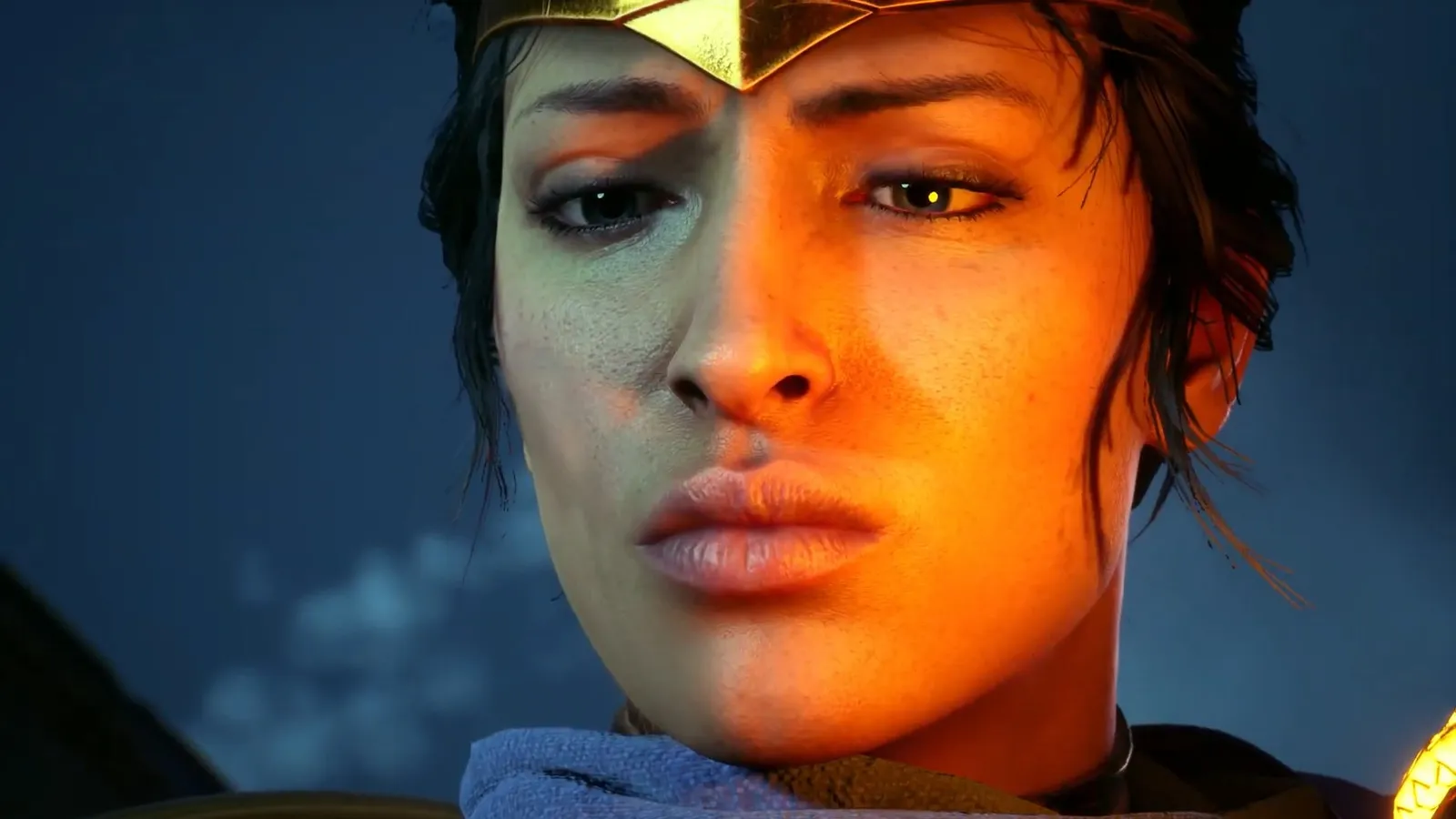
"Suicide Squad: Kill The Justice League" is a testament to Rocksteady's ambitious vision but falls short of the monumental expectations set by the studio's previous works. The game teeters on the edge, offering glimpses of brilliance, particularly in its visual presentation and squad dynamics.
While the narrative remains compelling, the monotony of mission design, delayed introduction of enemy variations, and inconsistency in tone present significant hurdles. The controversial integration into the Arkham universe sparks debates among fans, questioning its necessity.
"Suicide Squad: Kill The Justice League" is a game with no identity; it doesn't know what it wants to be. A journey with intermittent brilliance marred by inconsistencies and missteps. For those willing to navigate the complexities and overlook its flaws, there's an engaging experience. However, potential players are advised to weigh the current price against the upcoming offline mode patch and potential improvements. While not a resounding success, the game is a testament to Rocksteady's tenacity and leaves the door open for future reflections and revisions.
Final Verdict: 6/10 - A Flawed Symphony of Ambition and Promise
